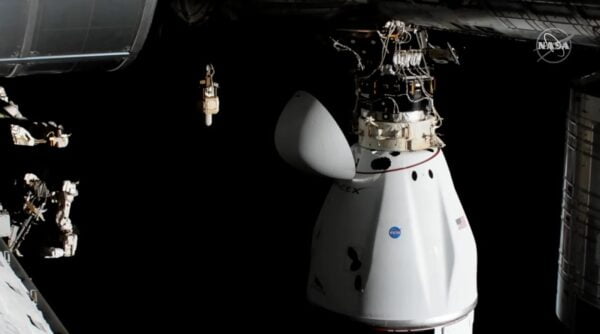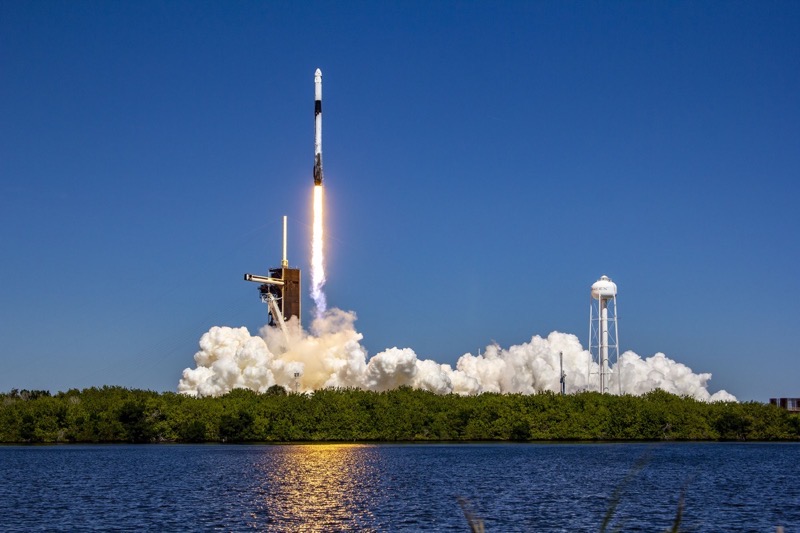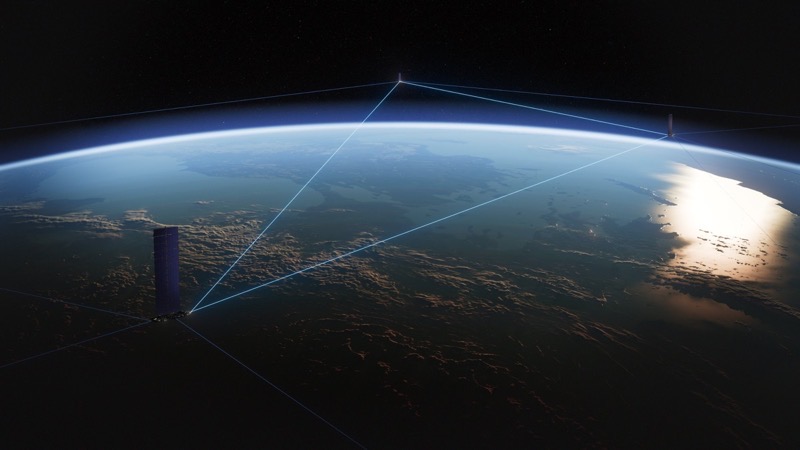
SpaceX Ready to Help NASA with Spacesuits for Moon Landing: Musk

Photo: NASA TV
Despite the huge amount of resources being poured into space travel amidst newly-stoked space race flames, NASA’s development of new spacesuits won’t be ready for the next several years, according to a document released Tuesday, but SpaceX might be ready to save the day.
NASA released a document on Tuesday called NASA’s Development of Next-Generation Spacesuuits, which states that NASA’s spacesuit development will not be ready for the agency’s 2024 Artemis Moon Outpost mission (via @Michael Sheetz).
The document breaks down various aspects of the agency’s lofty expenses and process for developing multiple new suits for space travel.
That’s when SpaceX CEO Elon Musk stepped in to say, “SpaceX could do it if need be.”
SpaceX could do it if need be
— Elon Musk (@elonmusk) August 10, 2021
With 27 different suppliers for NASA’s lunar landing spacesuits, Musk replied, “seems like too many cooks in the kitchen.”
Seems like too many cooks in the kitchen
— Elon Musk (@elonmusk) August 10, 2021
According to the report, NASA has spent nearly $420.1 million USD on spacesuit development, with plans to invest another $625.2 million through Fiscal Year (FY) 2025. The costs are largely spent on designs, overall testing and qualification of the ISS Demo suit, as well as two flight-ready spacesuits and other support offerings.
Blue Origin Says NASA ‘Moved the Goalposts’ in Awarding SpaceX Moon Contract https://t.co/EOOXcGUPBS
— TeslaNorth.com (@RealTeslaNorth) April 27, 2021
Despite the Artemis moon outpost mission, initially set for May 2024, the report also says, “NASA’s current schedule is to produce the first two flight-ready xEMUs by November 2024, but the Agency faces significant challenges in meeting this goal.”
The report later continues, “These delays – attributable to funding shortfalls, COVID-19 impacts, and technical challenges – have left no schedule margin for delivery of the two flight-ready xEMUs.”
Earlier this year, NASA awarded a contract to SpaceX to launch its moon outpost missions in May 2024, and though it isn’t currently clear if the aforementioned spacesuits will be necessary for such a mission, the report goes on to say that the agency must “decide on its approach to procuring additional suits for both ISS and Artemis missions.”

